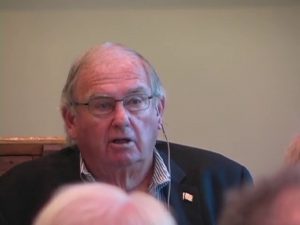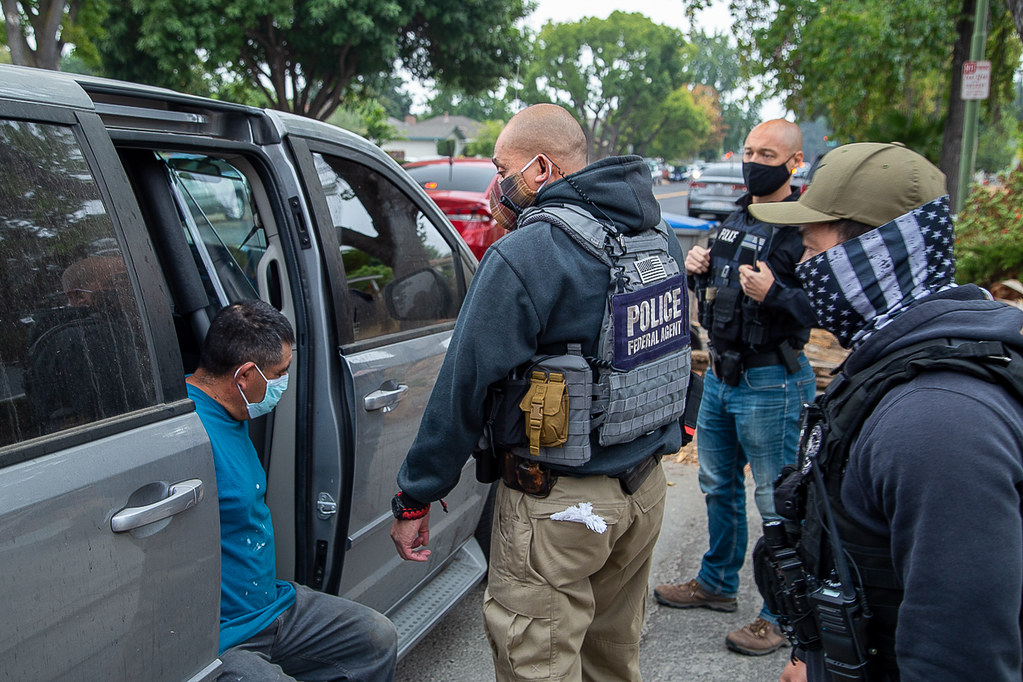Lowell P. Weicker Jr. is a former Republican senator from Connecticut and a former governor of that state.

By Lowell P. Weicker Jr.
Op-Ed-New York Times
Forty-five years ago this month, a security guard named Frank Wills noticed some tape over a door lock at the Democratic National Committee headquarters in the Watergate Complex in Washington. What Mr. Wills set in motion when he raised the alarm that led to the arrest of the Watergate burglars had huge consequences for our nation.
In President Richard Nixon’s efforts to hide the truth of the Watergate burglary, it was paramount to stop the F.B.I. investigation. So the president enlisted the C.I.A. director and his deputy to intercede. When the F.B.I. director pushed back and the intelligence officers refused to continue the White House scheme, the cover-up began its slow unraveling.
It took time. It was 16 months before Mr. Nixon topped that initial obstruction by firing the special prosecutor and the two senior Justice Department officers. And then, a few months later, it was disclosed that Mr. Nixon had underpaid his taxes for years, and he was forced to pay hundreds of thousands in restitution. All the while, Mr. Nixon’s defenders claimed the investigations were a partisan payback for his 1972 election victory.
As the last living member of the Senate committee that investigated the Watergate affair, I am often asked about what similarities I see between the criminality of the Nixon operation and this hash of a presidency that is the Trump White House. My answer is that there is no comparison. Yet.





